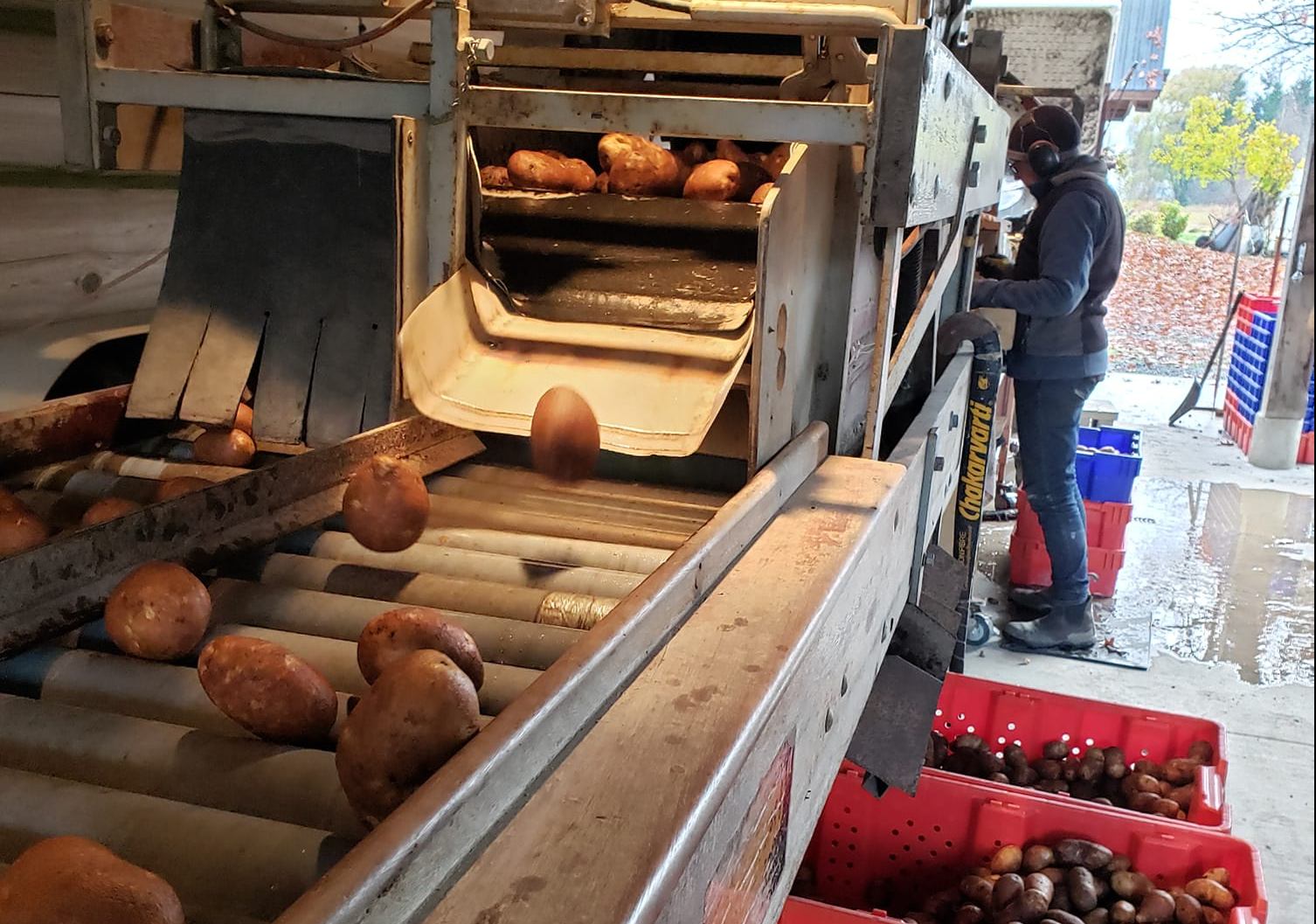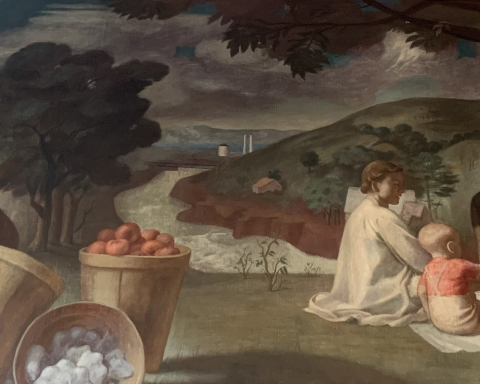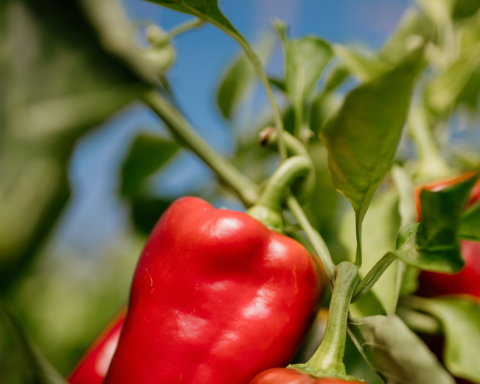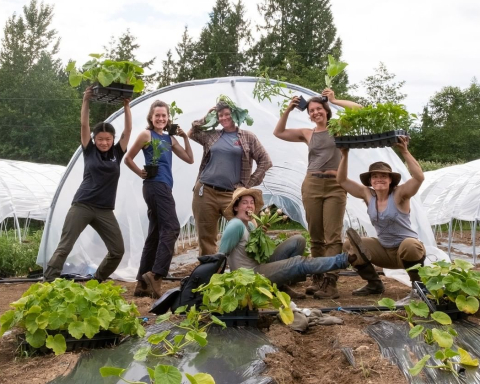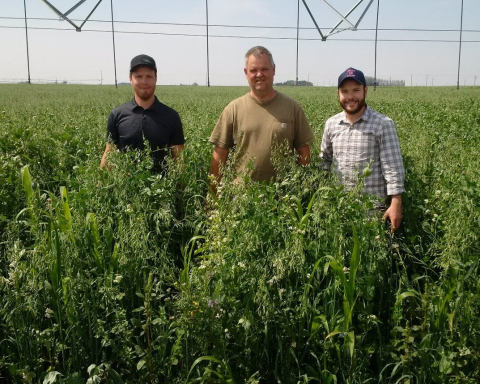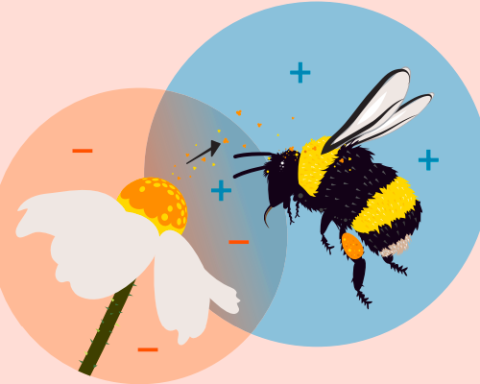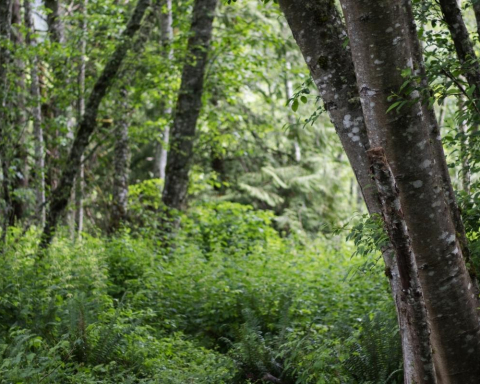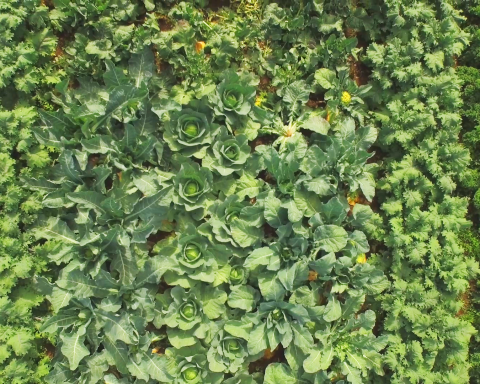Anna Helmer
The title of this column is borderline pretentious and potentially misleading. We are not a certified biodynamic farm. I am certain we do not meet the requirements and have faint hope of doing so because we fall well short of the ideal farm Rudolph Steiner describes in his lectures: we have no cattle, we purchase cover crop seed and cow manure, and we don’t make our own preparations. We’re working on it though. It could be called Aspiring Biodynamic Farm Story, or In-Transition to Biodynamic Farm Story.
For the sole sake of accuracy, it should be called: Biodynamically-Challenged Farm Story. This is more on point because I do believe that most farms and gardens where the growers believe in the availability of fertility forces greater than what comes in a bag or bucket are on the biodynamic path. Probably, like us, they just aren’t doing enough.
That’s where we are at. We just aren’t doing enough, but being a sensible middle-aged lady, I have no trouble decreeing that this is good enough. In fact, rather than risk failure, I work to lower standards until I meet them. That should explain the pretentious nature of the title.
Removing the word biodynamic entirely from the title would entirely remove the challenge of writing this article. Every time I go through the process, I learn a little bit more about both our practice, and the practice of biodynamic farming in general.
Skirting pretentiousness then, and hoping to have prevented any misleading impressions, I’ll leave it at that and continue my mission to convince everyone to run a biodynamically-challenged operation.
I have an earnest belief in two practical and effective biodynamic practices: firstly, the application of the compost and field preparations, and secondly, striving to make the farm its own source of fertility. That my conviction is endlessly undermined by difficulties explaining the wilder flights of biodynamic fancy is the challenge to be borne. I really can’t blame people for questioning all that—I just wish I could do a better job of explaining the useful bits.
To that end, I’ve started reading the Rudolph Steiner lectures again. I wouldn’t say it’s a punishment, exactly, because that would give the wrong impression. Penance would also be a poor choice of words, because I am not atoning for a mistake. It’s remedial. I need remedial reading.
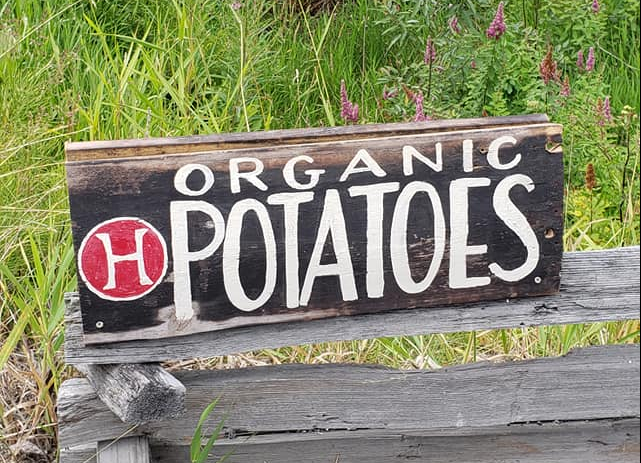
Unfortunately, what happened is that someone recently asked me the old chestnut: so, what is biodynamic farming exactly—planting by the moon? My response was jumbled and garbled, confusing and unclear.
I can do better—and to do so, I am sending myself back to the beginning. The goal this time is to confidently deliver a concise and accurate biodynamic pitch: one that would convince a curious farmer to delve a little deeper, one that would indicate to a consumer that there is more to organic farming than they might imagine.
In the meantime, I am basking in the glory of my successful biodynamic cull potato compost pile. It has been completely transformed into very useful dirt. I can barely believe it. The greenhouse and the tissue culture seed potatoes were the initial beneficiaries and there has been much plant revelry.
Not so glorious has been the use of the other preparations this year. Such a cold wet spring would surely have called for the liberal and frequent application of BD501 (horn silica) but we are very reluctant to give the plants any extra warmth and light. It seems risky when at any moment a heat dome, or at the very least a heat wave, could descend, rendering it unnecessary and perhaps even detrimental.
I also held back on the BD500 (horn manure) because it did not even occur to me to use it. A rather bold admission, and perhaps penance was a good word choice after all. We were fairly consumed with trying to coax cold Pemberton mud into something more likely to grow potatoes. It was extraordinary. I am not sure Steiner really could relate.
I am never going to forget the compost preparations. I have a lot of cull potatoes coming online, a pressing need for good compost, and I know just what to do.
If only I understood why.
P.S. The Biodynamic Agriculture Association of BC will be hosting a preparation workshop this fall, likely at Helmers Organic Farm in Pemberton. Please email info@bcbiodynamics.ca to get on the mailing list.
Anna Helmer farms in Pemberton and realizes she had middle age all wrong. helmersorganic.com
Feature image: Cleaning potatoes. Credit: Helmers Organic Farm.


